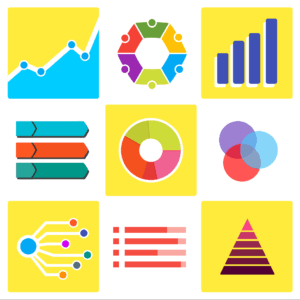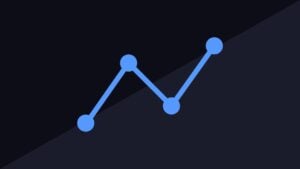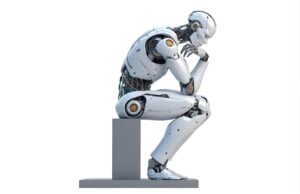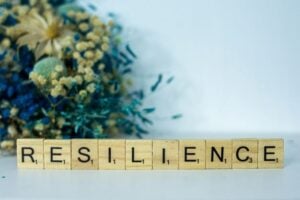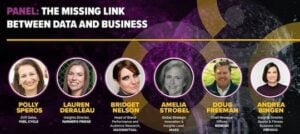The Future (and Present) Insights Consultant
Artificial intelligence tools are certainly not far from the minds of the insights community. Just how it will impact a person’s skill set and future career development is still up for debate. There could be advantages and disadvantages. But adapting to these technological advancements and other future changes could be challenging yet also bring opportunity. Those that think in terms of being a market research consultant might benefit the most.
“AI will mean less doing and more thinking including more activation around insights. There will be even more focus on your business strategy,” says Kerry Sette, Vice President, Head of Consumer Insights & Research at Voya Financial. “Old school research skills, like QC, coding, and data processing, will be totally obsolete by 2030. If this is your full-time job today, time to upskill. Insights will be even more consultative in the future. Insights only knows the data, not what is best for the business. That’s our new remit in this AI world.”
Regardless of the AI tools available, many feel that it’s human supervision and human-centric insights that will remain a keg cog in the insights community. The human-fired imagination, creativity and leadership responsibilities will remain a mindset of the insights professional.
Colleen Funkey, leading Consumer Insights and Strategy at the Estée Lauder Companies in North America, observes, “AI is a tool to help us be better and work better. It’s a place to start but it’s not a critical thinking tool. That’s the unique offering our insights function brings. The mainstreaming of AI has put more pressure on insights teams to deliver faster and more affordably. It continues to be important for our function to help stakeholders understand what value the insights team brings that’s incremental to AI. The differentiating proposition for insights is critical thinking.”
The Growth of Data Collaboration
In the future, whether you fall on the operational side of AI or human intelligence, or likely an integration or mixture of the two, some debates about the insight profession remains very much at a foundational level. The mission: Get it done, faster. As always, aligning insights with business strategy remains a key component of the position as well.
Sette notes, “The old do more with less and faster, better, and cheaper is still at play. I think the biggest opportunity is aligning insights closer with business strategy. I think remote work has really helped hire the best talent, no matter where they are. Collaboration has challenges though along with upskilling junior talent. Thus, face time is still important for team building, innovation, and keeping insights at the forefront of strategy.”
For Funkey, the rise of AI has come with an increase of the pace of operations, and a larger influx of data to wade through. Big data is not necessarily a new concern, but AI has certainly ramped up the volume of data for the data science, analytics and insights communities. Some liken it to saying that the firehose of data has been turned up to maximum pressure.
“There’s too much research and not enough insights,” says Funkey. “With the increased speed of research and the rise of AI, there is a lot of great intelligence and learning available. With so much information, the ability to simplify, clarify and surface breakthrough insights is worth gold but increasingly challenging to do.”
Su-Feng Kuo, Sr. Director, Global Clients Insights & Analytics at Visa, brings up a key point that she feels will be valuable in the future of the profession: Data collaboration.
“How we leverage data from different sources and different types of data will be key right now and into the future,” says Kuo. “I really see a huge potential in the area, and I have seen some companies doing well with this. But I feel that’s the area we can do more and do better as well. Because we have so many clients, and they have so many different kinds of data, and we also have our own data that we need.”
In some industries, like finance and health care, data collaboration may be hindered, or smoothed over, by regulations and compliance issues. Kuo sees compliance as something that data science and insights professionals could very well depend on in the future.
“How can we do this in a compliant way? In every single market. Once we sort it out, I think we will really unlock a lot of potential in this market,” says Kuo.
Video courtesy of The Trade Desk
Contributor
-

Matthew Kramer is the Digital Editor for All Things Insights & All Things Innovation. He has over 20 years of experience working in publishing and media companies, on a variety of business-to-business publications, websites and trade shows.
View all posts


















